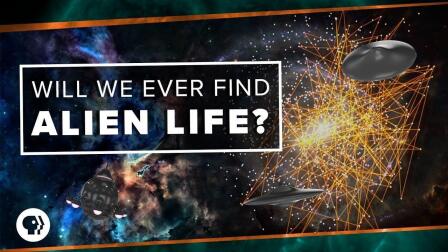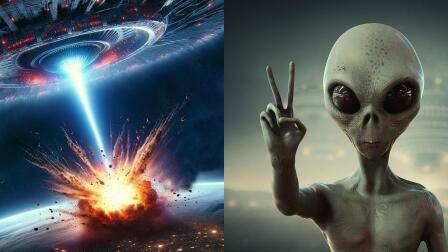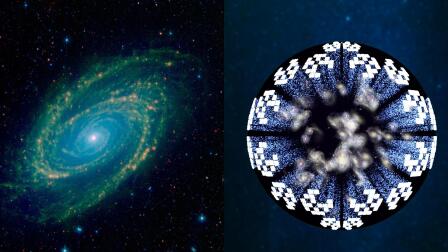Back to Show
PBS Space Time
How Much Information is in the Universe?
Season 4
Episode 39
Billions of galaxies, each with billions of stars, each with … rather a lot of particles in them. And then there's dark matter, black holes, planets, and the particles and radiation in between the stars and galaxies. But… is the universe actually made of stuff? An increasing number of physicists view the universe – view reality as informational at its most fundamental level.
Sign up now for inspiring and thought-provoking media delivered straight to your inbox.
Support Provided By

10:48
Quantum mechanics forbids us from measuring the universe. But we try with this principle.

14:08
We examine all the best-case scenarios for life beyond Earth.

13:11
Einstein gives us a glimmer of hope that time can be warped.

12:35
It may be that for every star in the universe there are billions of black holes.

12:35
Muon G-2 experiment produces the most successful predictions in physics.
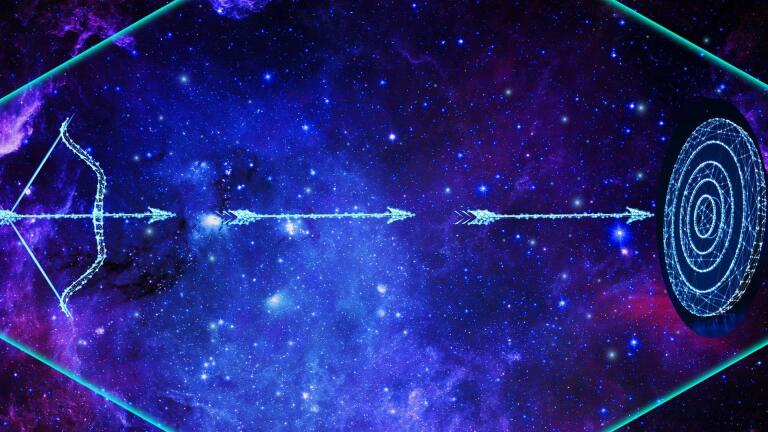
12:48
We talk about some real experiments that claim to have demonstrated Zeno's phenomenon.

13:08
The crisis in cosmology has actually gotten worse, which means we may be onto something!
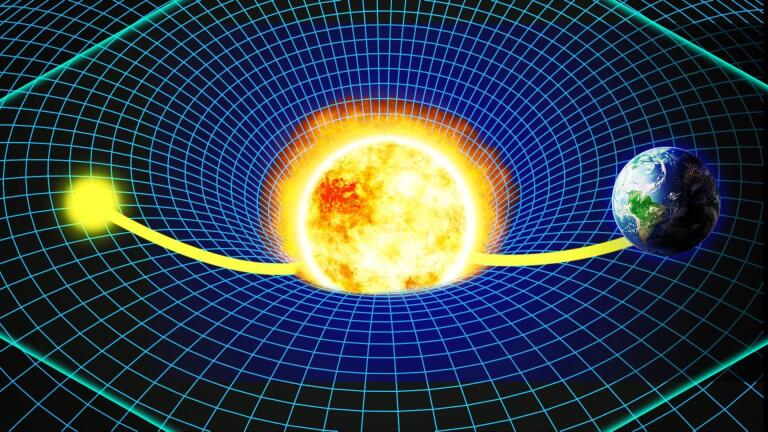
13:24
We explore if there is a true connection between light and gravity.

8:55
We explore that it's the warping of time that causes gravity.

13:54
There's a galaxy-spanning gravitational wave detector that has provided a breakthrough.

13:03
We try to make contact with dark matter particles and enter into the Dark Universe.

12:32
We delve into some of the most famous paradoxes of special relativity.




